Extra grants from the Swedish Cancer Society to KI for clinical studies
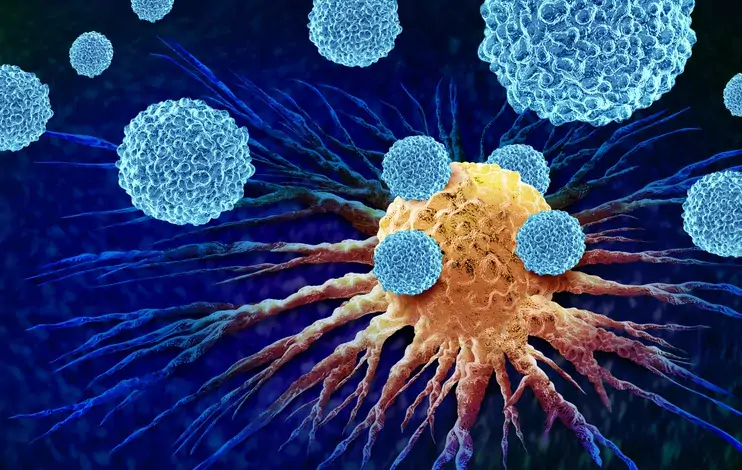
In clinical studies, new methods and treatments are tested on humans under controlled conditions. However, clinical treatment studies are often very expensive to carry out and require resources that allow many different professional groups to work together. The Swedish Cancer Society has now decided on an extra allocation of grants to ten researchers for clinical studies. Six of these are researchers at Karolinska Institutet.
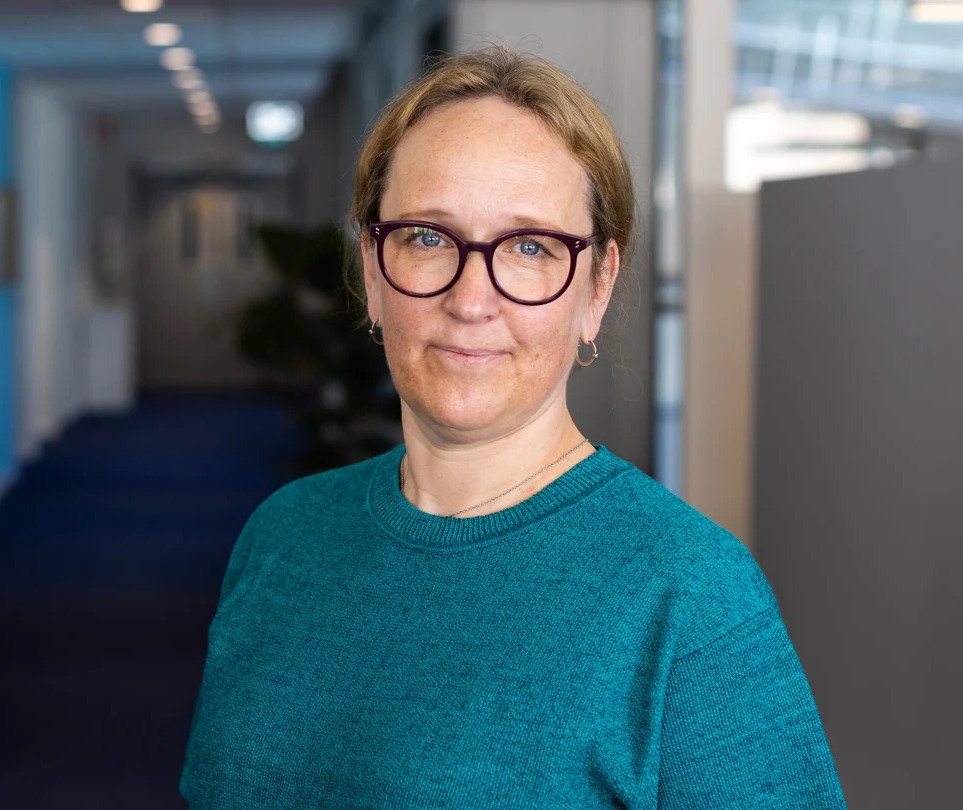
"In Sweden, it has become increasingly difficult for researchers to find funding for clinical studies and to get patients involved in research. I am proud that we can now make this investment with really large grants for some really strong research projects," says Malin Sund, chair of the Swedish Cancer Society's Research Committee.
The goal is to get more effective treatments so that more cancer patients can be cured or live a long time with a good quality of life. When the application round closed, 48 applications had been received, and the Swedish Cancer Society's research committee, with the help of an international group of experts, has selected 10 projects that were considered to be the most promising.
Of the 10 applications that have now received funding, 6 are being run by researchers at Karolinska Institutet. KI researchers Karl-Johan Malmberg and Pernilla Lagergren have been awarded some of the larger grants.
As a result of this special initiative and previously awarded grants, the Swedish Cancer Society has this year decided on research grants corresponding to the record-breaking sum of SEK 980 million.
Immunotherapy in a new way
Cancer researcher Karl-Johan Malmberg is leading a research project in immunotherapy that will receive SEK 19 million. Today, there are treatments that activate the immune system's T cells to attack cancer.
Karl-Johan Malmberg now wants to take that research a step further and try to train another of the immune system's cell types called NK cells. This has the potential to help even more cancer patients.
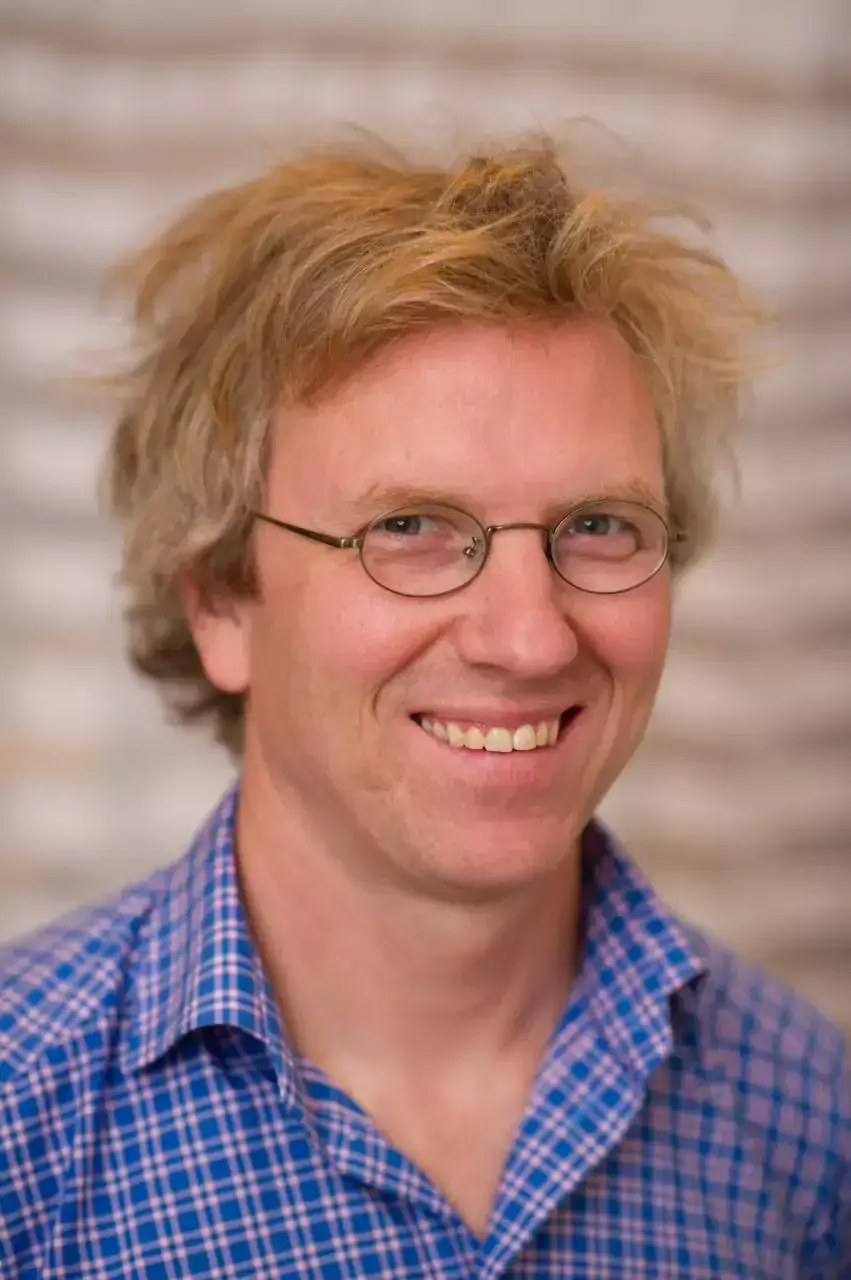
"Our research team has achieved something amazing! Thanks to the Swedish Cancer Society's support, we can now start a clinical study where patients with blood cancer are treated with NK cells. This is based on decades of research and opens the door to applying new knowledge from the lab directly to patient care," says Karl-Johan Malmberg, senior researcher at the Department of Medicine, Huddinge.
App for support after surgery
Pernilla Lagergren, professor of Surgical Care Sciences at Karolinska Institutet, is researching support for recovery after treatment of oesophageal or gastric cancer.
The project is now receiving SEK 15 million to evaluate a mobile application where patients can receive individualized suggestions for self-care and help to gain control of their situation.
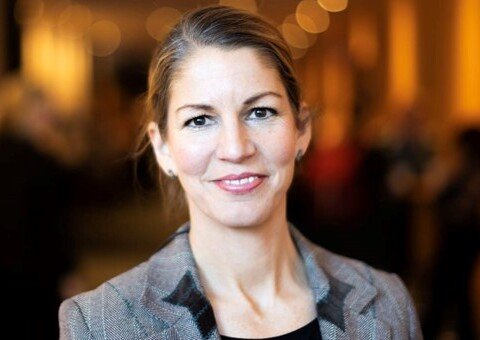
"We have conducted a preliminary study and many patients have expressed that they lack support when they come home from the hospital after surgery. We want to be able to meet this with the results of this project," says Pernilla Lagergren, professor at the Department of Molecular Medicine and Surgery.
The research is conducted through close collaboration with the group's research partners, which consist of former oesophageal or gastric cancer patients together with a large network of the patient association, doctors, nurses, physiotherapists and dieticians. Approximately 250 patients across Sweden will be able to use the app in the project.
More researchers at Karolinska Institutet who have been awarded the Swedish Cancer Society's grants for clinical studies:
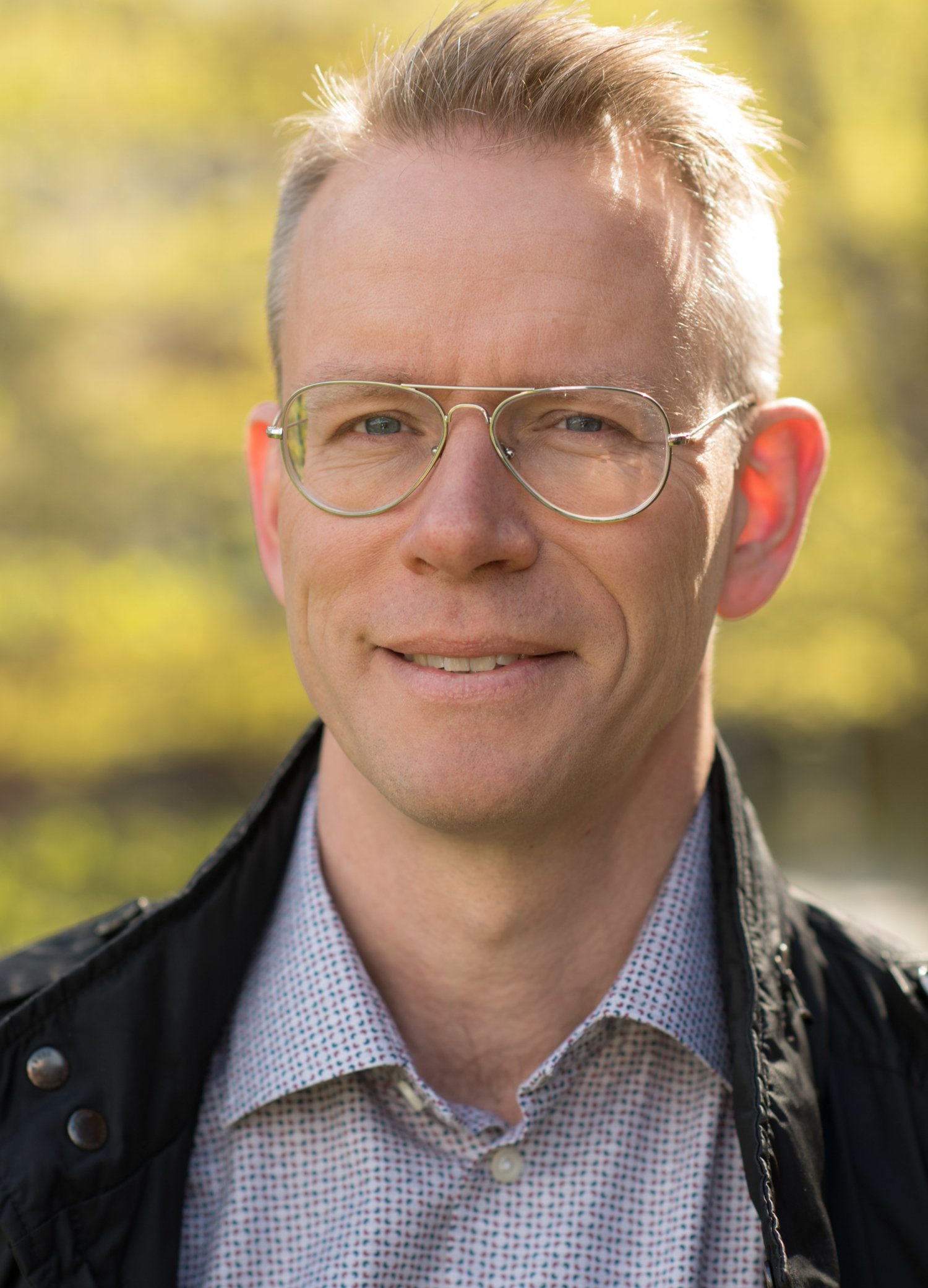
Olof Akre at the Department of Molecular Medicine and Surgery, is awarded a total of SEK 15,000,000 over 5 years for the project "SPCG-15 Primary radical prostatectomy versus primary radiotherapy for locally advanced prostate-cancer – an open randomized clinical trial".
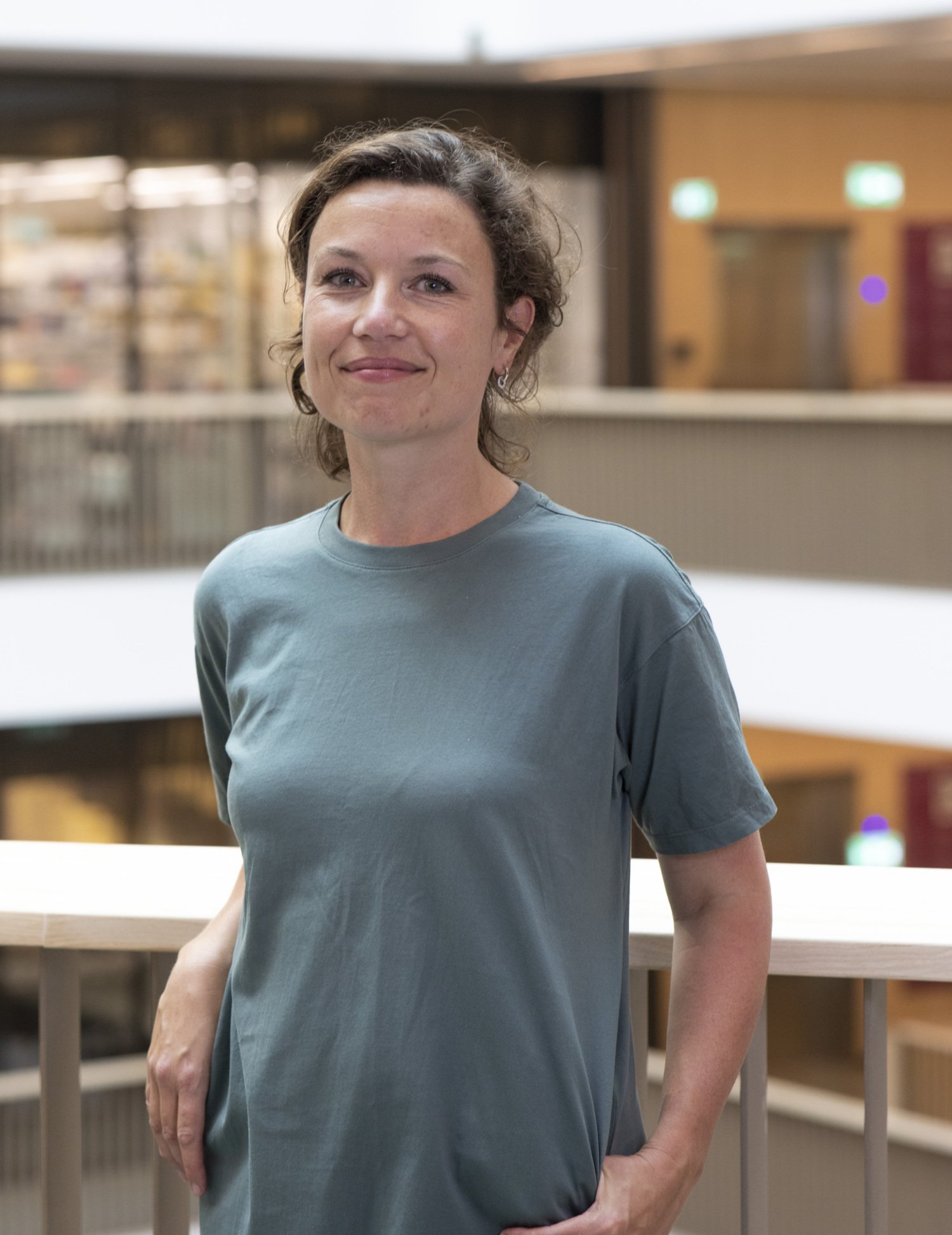
Renske Altena at the Department of Oncology-Pathology, is awarded a total of SEK 4,000,000 over 3 years for the project "The HER2-Ex PET-trial: Advancing treatment selection and unveiling biological insights in HER2-low breast cancer using HER2-PET imaging".
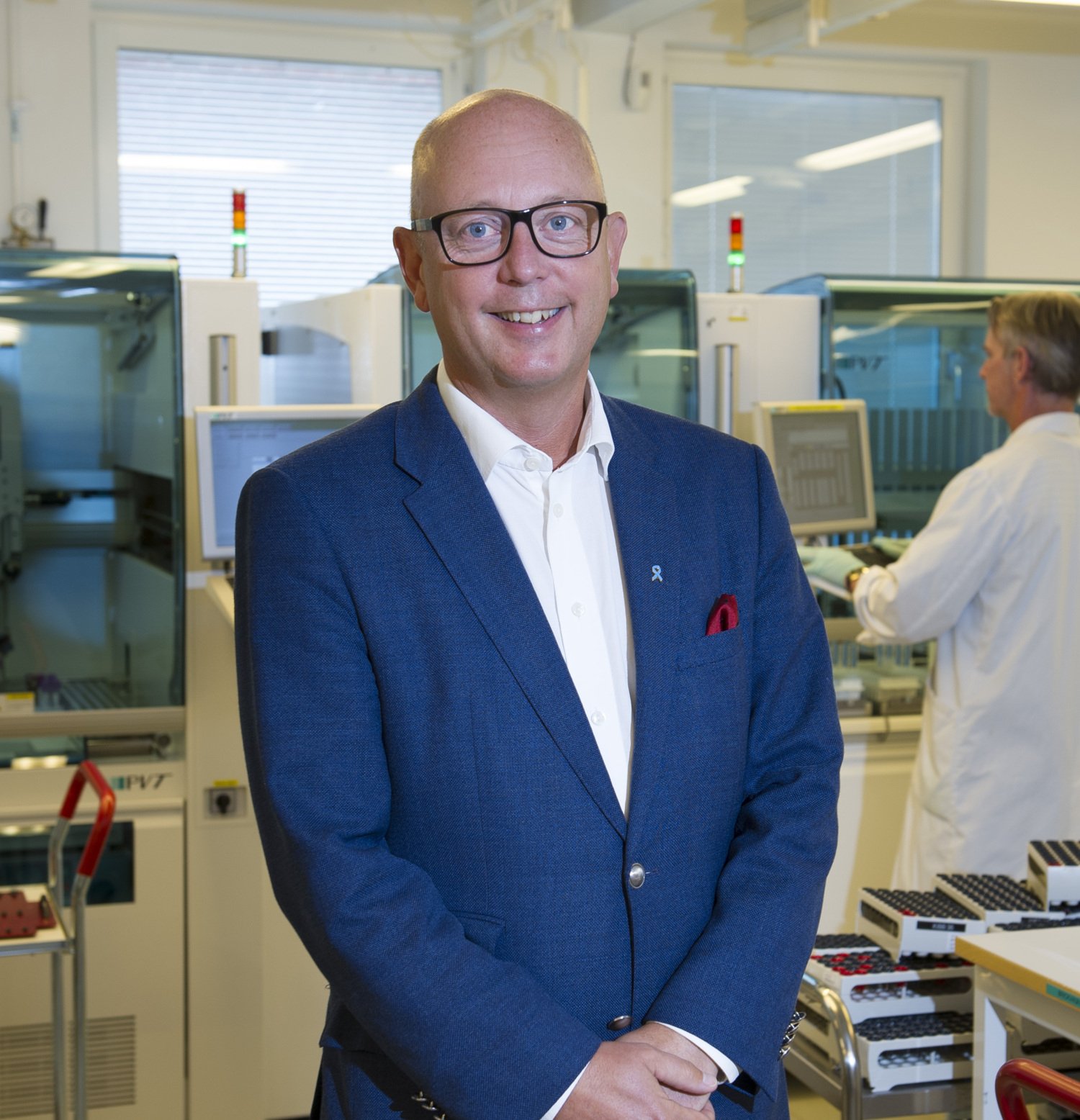
Henrik Grönberg at the Department of Medical Epidemiology and Biostatistics, is awarded a total of SEK 15,000,000 over 3 years for the project "Pro-Bio: An outcome-adaptive and randomised multi-am biomarker driven study in patients with metastatic prostate cancer".
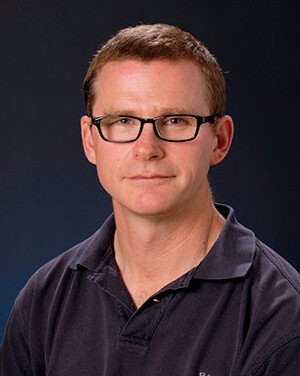
Mats Heyman at the Department of Women's and Children's Health, has been awarded a total of SEK 15,000,000 over 5 years for the project "ALLTogether1 – A European clinical trial for acute lymphoblastic leucaemia in children and young adults".
